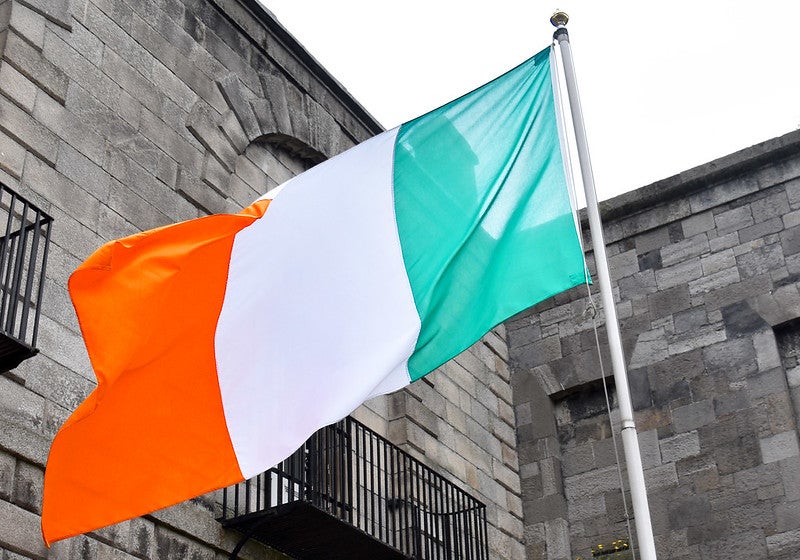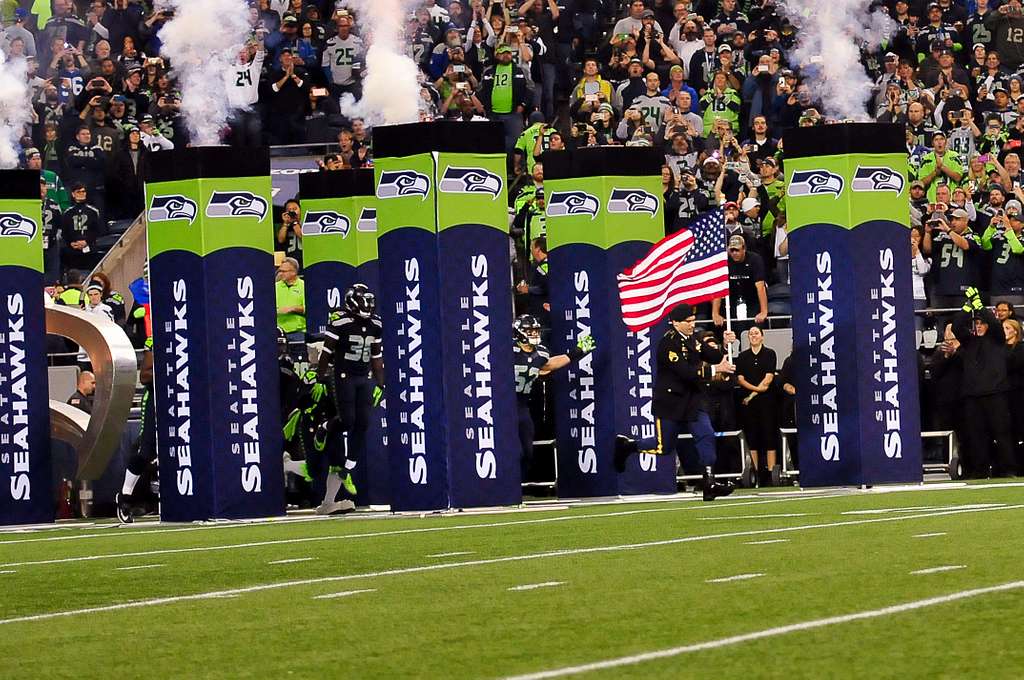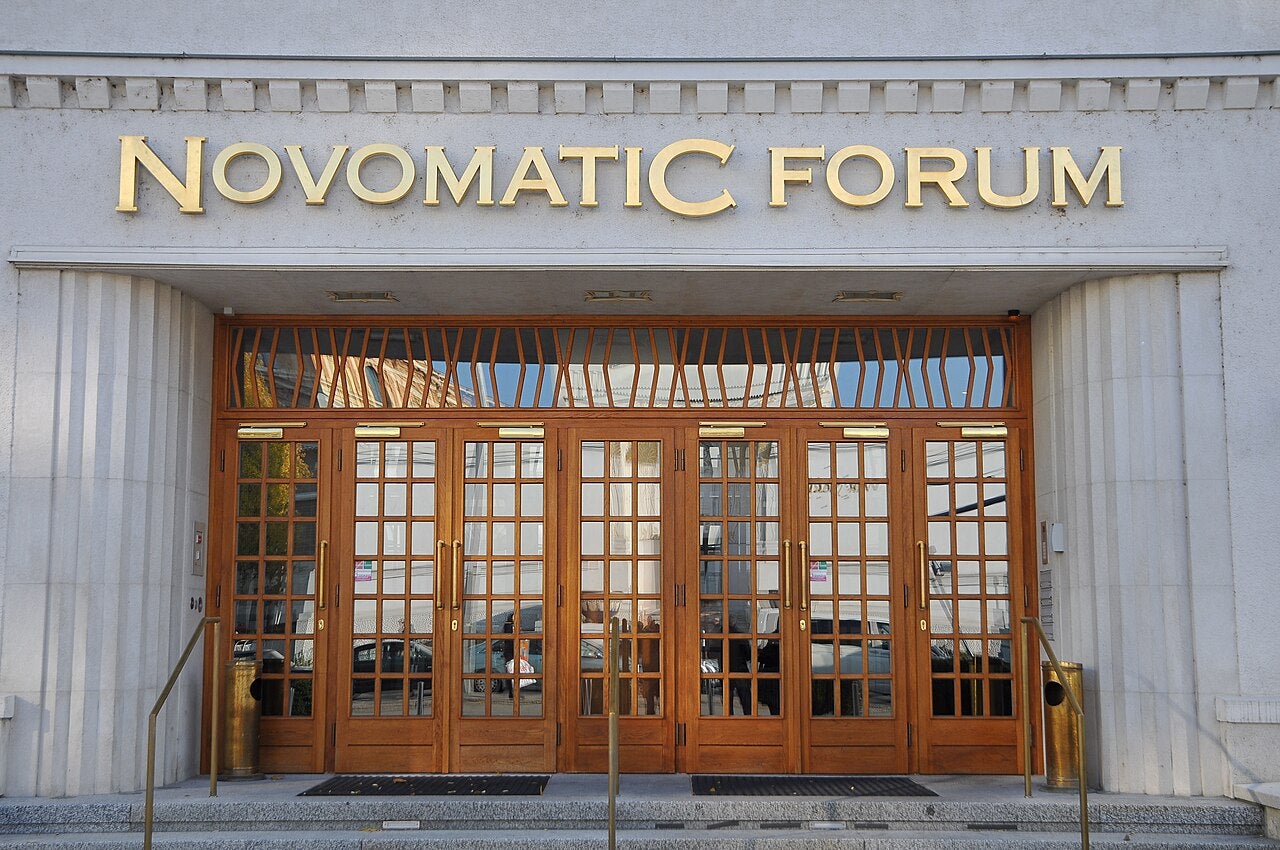Quickly changing course
Sports Illustrated only arrived in Michigan in February 2023 when it launched its online casino platform. Its sportsbook followed in Sept. 2024.
Despite having a big name in the sports industry, SI failed to make a noticeable dent in the iGaming or sports betting market. The Michigan gaming regulator’s monthly report showed that SI produced less than one percent of statewide online casino revenue and sports betting handle in May, the last monthly report on record.
We want to thank you for being a loyal customer of SI Sportsbook & Casino,” SI said to its customers in an email, per PlayMichigan. “Unfortunately, we have had to make the difficult decision to close the business. It has been a pleasure serving you with an experience that we hope you have enjoyed.”
Customers have until Aug. 25 to withdraw their funds from SI’s iGaming and sports betting platforms.
Additionally, customers cannot place long-term futures bets that extend beyond the last day of wagering. SI said that it would pay the winning amount to customers who placed bets that will settle after the final day of wagering based on the odds on the closing date.
An appealing destination
SI’s withdrawal from the Michigan market isn’t that noteworthy because of its impending absence—instead, it is important because it frees up another sports betting and online casino license to potential suitors.
The Michigan Gaming Control Board authorizes 15 sports betting and online casino operators at one time. Without SI, the number of active operators will fall to 14 in iGaming and 12 in sports betting.
Existing operators can purchase SI’s license and two skins, or they can go to operators who do not currently have a presence in the state market.
Michigan is one of seven states that offer legal online casino gaming. It also finished second among all states in online casino revenue in 2024, losing only to Pennsylvania.
The Great Lakes State’s status as a preeminent gaming market could make it more attractive to potential suitors. The state also charges 20-28 percent of adjusted gaming revenue for online casinos and 8.4 percent of adjusted gross sports betting receipts, both of which are reasonable compared to other nearby jurisdictions.










.jpg)






.jpg)


















